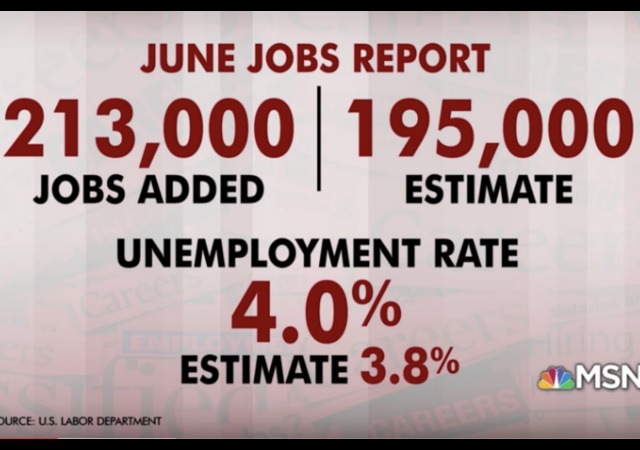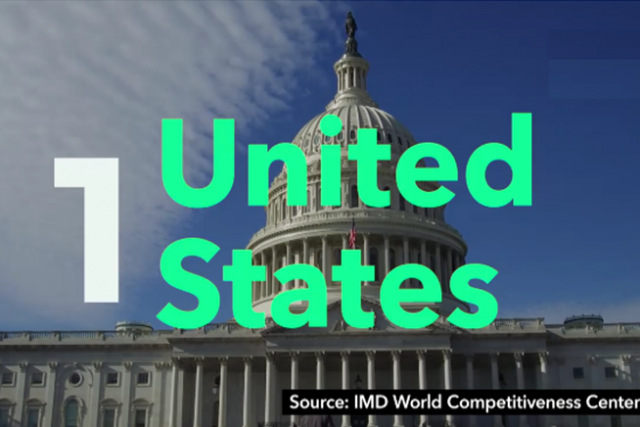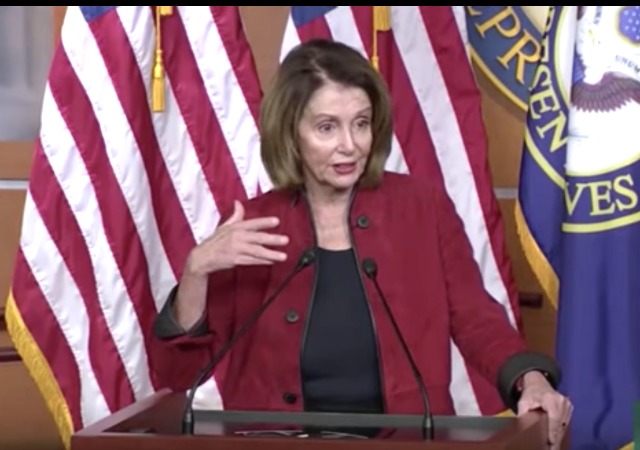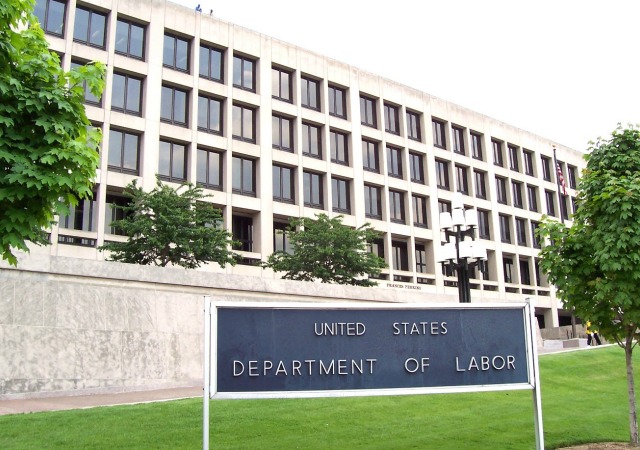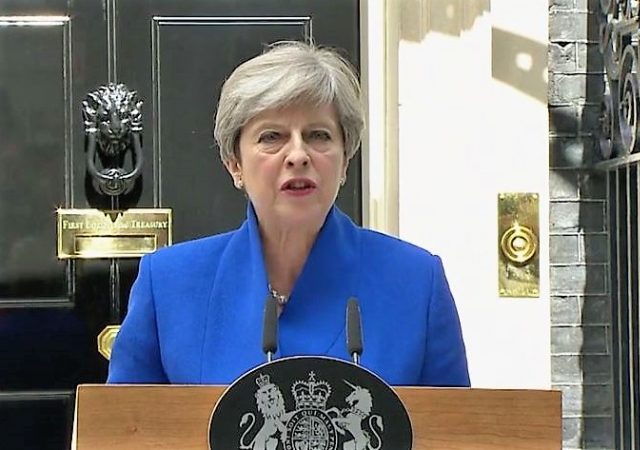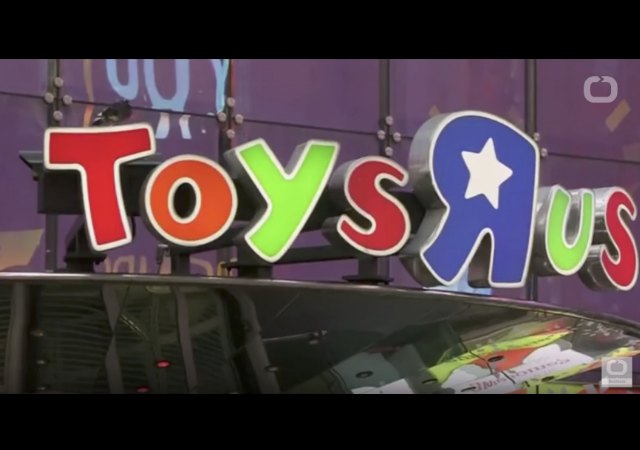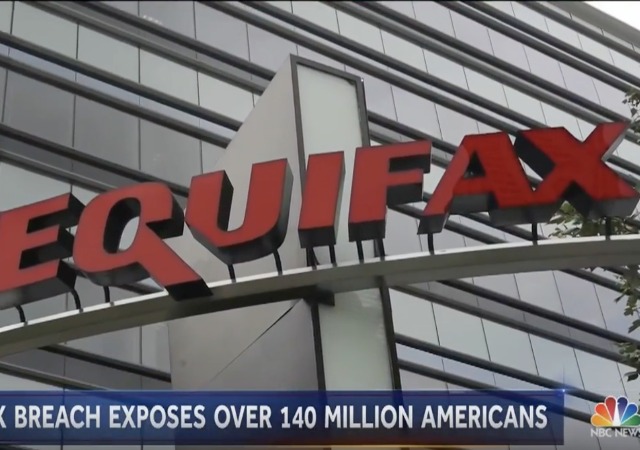Another Month of Strong Retail Sales Show a Strengthened, Growing Economy
on July 16, 2018
14 Comments
Our economy continues to grow. Excellent jobs reports mean there's a lot more expendable income.
Stimulating the economy is best accomplished not through government intervention, but by putting money back into the market, which is exactly what we're seeing.
Consumer spending rose by 0.5% in June and the Commerce Department revised May's spending report, upgrading spending increases from 0.8% to 1.3%.
Overall, retail sales are up 6.6% from a year ago.

